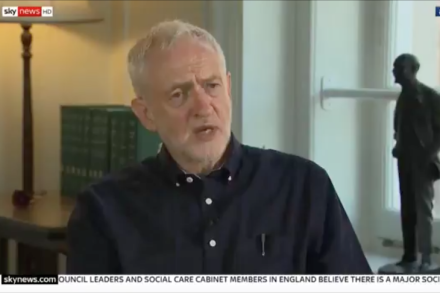The duty of England and the American crisis
190 years of The Spectator 1 June 1861 The time has arrived when the national will on the American quarrel ought to be expressed. A party, numerous in Parliament and powerful in the press, is beginning to intrigue for the recognition of the South. They are aided by the fears of the cotton dealers, who dread an intermission of their supplies, by the anxiety of commercial men, who see their best market summarily closed, and by the abiding dislike of the aristocracy for the men and manners of the North. For the moment, their object is apparently to deprecate debate. They dare not as yet brave openly the prejudices


















